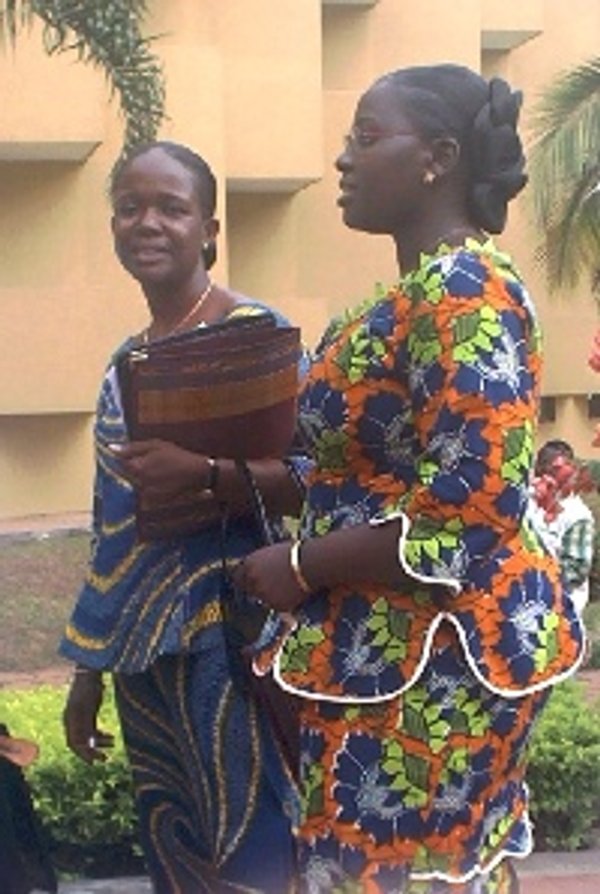A symposium entitled, “Work, a Way of Holiness” took place recently at the Golf Hotel in Abidjan. More than three hundred persons of different professions attended the event, at which Cardinal Bernard Agré, archbishop of Abidjan, presided.
Magistrate François Komoin, president of the organizing committee behind the event, welcomed the participants and pointed out that the purpose of the symposium was to explore more deeply some of the teachings of the founder of Opus Dei with the occasion of the centennial of his birth, particularly his insistence on the need to seek God in one’s daily work.
After having spoken about daily work as the motor and way of holiness, Cardinal Bernard Agré opened the symposium, which began with the conference “The Value of Work” by the French journalist François Gondrand. In his presentation, Gondrand, author of a biography of the founder of Opus Dei, spoke about the different concepts that man has had of work throughout history. For Gondrand, work today has a kind of contradictory character: on the one hand, it is considered a form of alienation, an activity that is purely instrumental, oriented toward consumption, from which man must be liberated by increasing his leisure time; on the other hand, work is a form of self-realization for man, a way to free himself from the limitations of his natural condition, a way of building up the life of each person and of society. “We need,” concluded Gondrand, “to go back and rediscover the intrinsic value of work, understood as a prolongation and accompaniment of the creative action of God.”
After the conference, participants exchanged ideas and experiences in three workshops on different aspects of the symposium’s theme: “Work and Society: Being Consistent and Responsible”, “Work and the Perfection of the Entire Person” and “Work and Family.”

In the workshop on consistency and responsibility, Parliamentarian Dagobert Banzio shared his personal experience as a public servant who strives not to forget his condition as a Christian when he enters Parliament. Then Firmin Kouakou, professor of gynecology of the University of Abidjan, explained how the Church’s teaching on bioethics has helped to guide him in his work and to make use of science instead of letting himself be dominated and manipulated by it.
In the workshop on work and the family, Martin N’Guessan, a specialist in information technology, spoke about solidarity and responsibility in the family. According to him, the family can be understood as a kind of school which forms its students in the proper values of work when the children see their parents do what they teach and command.
Scholastique Gnamien, a mother family who also holds public office, pointed out conversely that professional activities have an important repercussion in the family, especially in the case of the mother.
